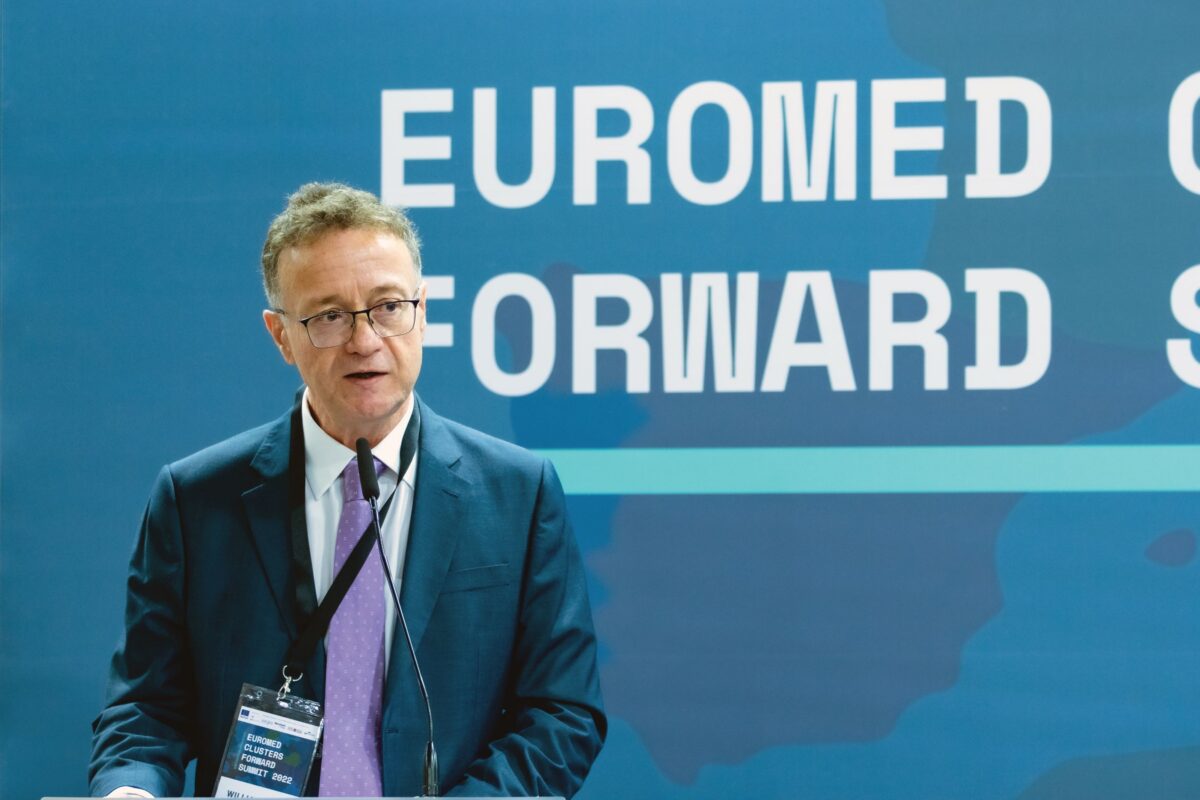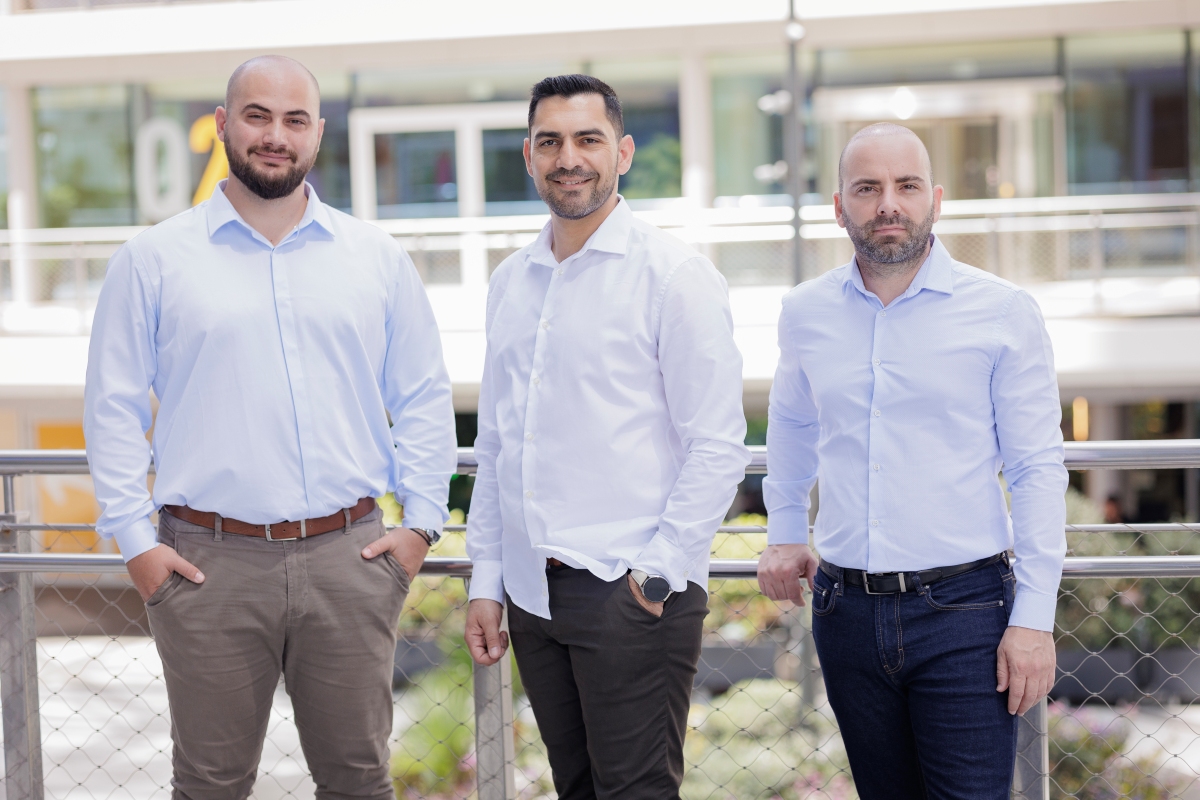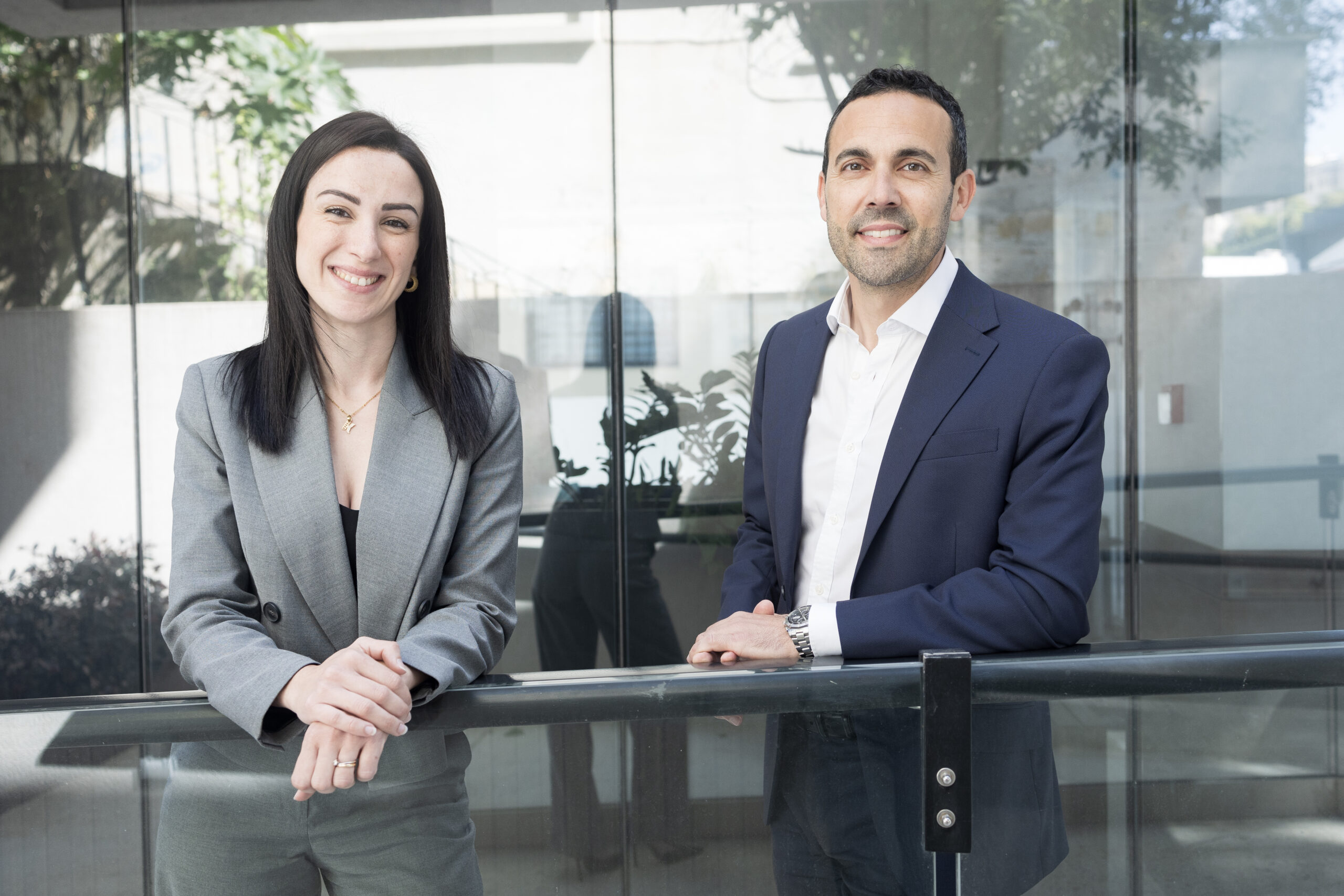Since its establishment over 50 years ago, Malta Enterprise – initially operating as the Malta Development Corporation – has expanded its role in tandem with the growth of the Maltese economy. Here, Chairman William Wait outlines his vision for the entity’s future, while underscoring its strategic goals in consolidating the country’s industrial and commercial successes.
“Malta’s economic landscape is evolving in response to global trends and local strategic shifts,” William Wait, the Chairman of Malta Enterprise asserts, as he looks ahead to the transformations the country is set to experience. Indeed, he singles out “sectors such as digital technology, life sciences, and green industries” as areas of growth.
In such a context, he says, “our role will involve not just attracting foreign direct investment (FDI) but also fostering local innovation and entrepreneurship. This will require a more proactive approach in policy advocacy, whilst ensuring that the regulatory environment supports the growth of these new sectors.”
Malta Enterprise was established in 1967, as the Malta Development Corporation (MDC), with the express aim of “laying the foundations for Malta’s industrial sector”; at the time, this involved “attracting FDI and supporting the establishment of manufacturing industries that could generate employment and drive economic growth.” As the country’s economy diversified, however, the organisation evolved in tandem. “By 2004, the MDC was transformed into Malta Enterprise, expanding our mandate to not only continue attracting FDI but also to support local enterprises, foster innovation, and promote export-oriented growth,” Mr Wait explains.

Today, “Malta Enterprise acts as a central pillar in Malta’s economic development, providing a wide range of services including investment incentives, advisory services, and support for start-ups and innovative industries.” Yet, the entity is constantly reinventing itself and, one of the most significant shifts it has undergone in recent years is to increase its focus on “developing niche sectors, such as life sciences, digital games, bioinformatics, as well as the important work which we have been doing in the semiconductor industry.”
This is in line with its goals of positioning “Malta as a hub for cutting-edge industries, leveraging our unique strengths, which include a highly skilled workforce and our strategic geographic location.” Moreover, Malta Enterprise’s aims require a consolidation of its involvement “in shaping national economic policy by maintaining close relationships with both Government entities and private sector stakeholders,” the Chairman asserts.
And further change is afoot. “Looking ahead, our focus is on ensuring that Malta remains competitive in the global market. This involves continuously adapting to new economic realities, such as the growing importance of Asian markets and the need for sustainable investment. We aim to create a business environment that not only attracts investment but also fosters long-term growth and innovation, ensuring that Malta continues to thrive as a dynamic and resilient economy,” he attests.
Elaborating, Mr Wait states that “with the global emphasis on sustainability, Malta Enterprise will likely expand its efforts in promoting and supporting green investments.” Internationally, Malta is, in fact, expected to increase its engagement in promoting green technologies. “With the European Union’s drive towards a green transition, Malta is likely to enhance its focus on renewable energy, green infrastructure, and environmentally friendly business practices. This evolution will be crucial for Malta to meet both EU standards and global expectations, ensuring long-term economic resilience.” To facilitate, Malta Enterprise offers more targeted incentives for businesses adopting sustainable practices and technologies,” with the entity providing “guidance which can reduce costs and improve competitiveness,” he continues.

Economic strength will continue to be built, he insists, on a foundation of digitisation. “As the digital economy becomes increasingly central to Malta’s growth, Malta Enterprise will need to intensify its support for digital transformation across all sectors. This includes not only supporting the growth of ICT companies but also helping traditional industries adopt digital technologies,” the Chairman explains.
This approach is cognisant of the way in which the digital economy will “continue to be a significant driver of growth,” Mr Wait maintains. Malta, he explains, has “already positioned itself as an attractive destination for digital nomads and remote businesses due to its advanced ICT infrastructure and favourable regulatory environment. This trend is likely to continue, with further investments in digital infrastructure and incentives for tech companies to establish and expand their operations on the island.” To this end, Malta Enterprise will likely broaden its role in “providing resources, training, and financial support to ensure that businesses of all sizes can leverage digital tools to enhance their productivity and global reach.”
This also presents “a wealth of opportunities” for Maltese businesses, “especially in sectors like fintech, cybersecurity, and digital games development,” he continues. “With the increasing demand for innovative digital solutions, Malta can position itself as a leader in these areas. Malta Enterprise plans to support this by offering targeted incentives for companies investing in digital transformation, as well as fostering partnerships between local firms and international tech giants through events such as the Start Up Festival,” Mr Wait promises.
The challenges and opportunities open to SMEs are integral considerations to this approach: “At Malta Enterprise we recognise that SMEs are the backbone of Malta’s economy, driving innovation, job creation, and economic resilience. Supporting SMEs is therefore a critical priority for us. We have developed a comprehensive approach to ensure that these companies receive the tailored support they need to thrive.”
In fact, the organisation offers “a wide range of financial incentives specifically designed for SMEs,” including the Business Development and Micro Invest Schemes, as well as the Smart and Sustainable Investment Grant. More support is further targeted to smaller companies through the initiative Start in Malta, which “provides a comprehensive package that includes incubation services, networking opportunities, and access to funding. By creating a nurturing environment for start-ups, we aim to foster a culture of entrepreneurship and innovation that benefits the wider SME community,” Mr Wait continues.
Looking ahead, the Chairman is resolved to continue guiding the entity in productive directions. “My role is multifaceted and involves steering the organisation towards achieving its strategic goals while ensuring that it remains aligned with Malta’s broader economic objectives,” he explains. “This requires a balance of strategic foresight, effective governance, and strong advocacy to ensure that we continue to create value for the country and its people.”
He emphasises that the true strength of Malta Enterprise lies in its collaborative approach, where each team member brings a unique skill set to the table, enabling the organisation to remain agile in a rapidly changing global environment. “Innovation and adaptability are at the core of what we do,” he adds, explaining how these qualities allow them to not only respond to emerging challenges but also seize new opportunities as they arise. As the organisation looks ahead, he expresses confidence that their continued focus on fostering sustainable growth, attracting investment, and nurturing talent will cement Malta’s position as a competitive hub in the international market, driving prosperity for the nation.
Yet, he insists, all of this would not be possible without the sterling work of the team around him, whose nimble abilities underscore the entity’s strategy. This is crucial, he says, concluding, since the dynamic evolution in Malta Enterprise’s role “continues to show our commitment to not just keeping pace with global trends but also to proactively shaping the future of Malta’s economy for the benefit of all stakeholders involved.”
This interview was first carried in the 2024/2025 edition of Business Now Magazine, the sister brand to BusinessNow.mt and produced by Content House Group
Malta’s next leap: Secured
How ESET delivers enterprise-grade security to meet Malta’s digital ambitions
Mastering the language of business: How BELS is crafting bespoke training for a dynamic economy
BELS Malta Director of Studies Arianna Muscat on how the language school helps companies equip their teams for success.
Built differently – CLA Malta offers custom solutions in a cookie-cutter landscape of tax advisory and business
Their client-centric philosophy extends far beyond conventional consultancy.






